
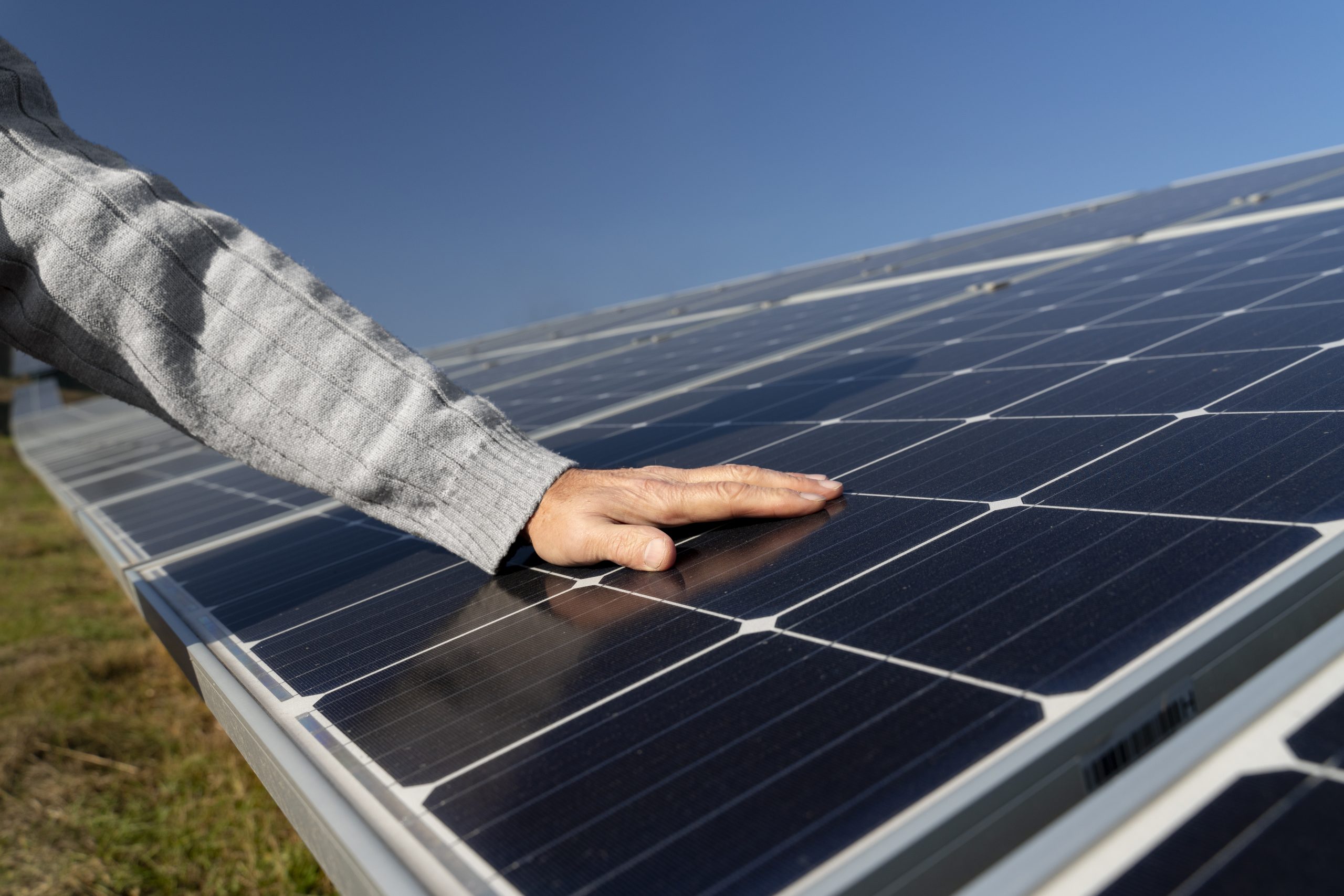



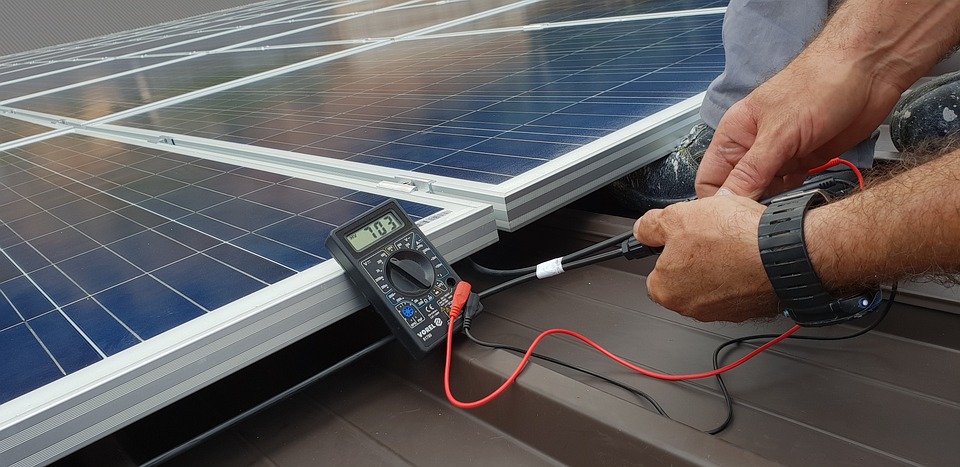
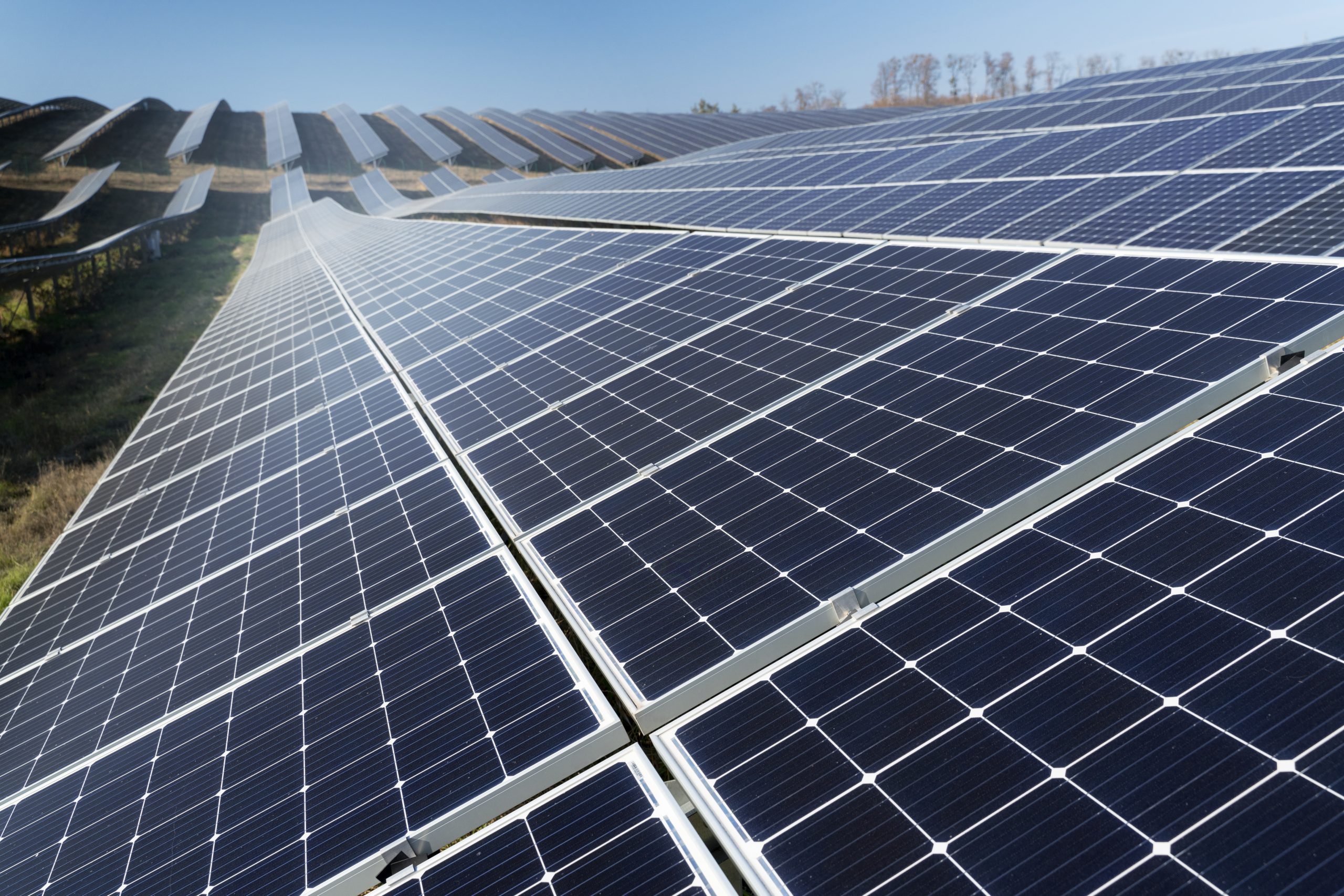
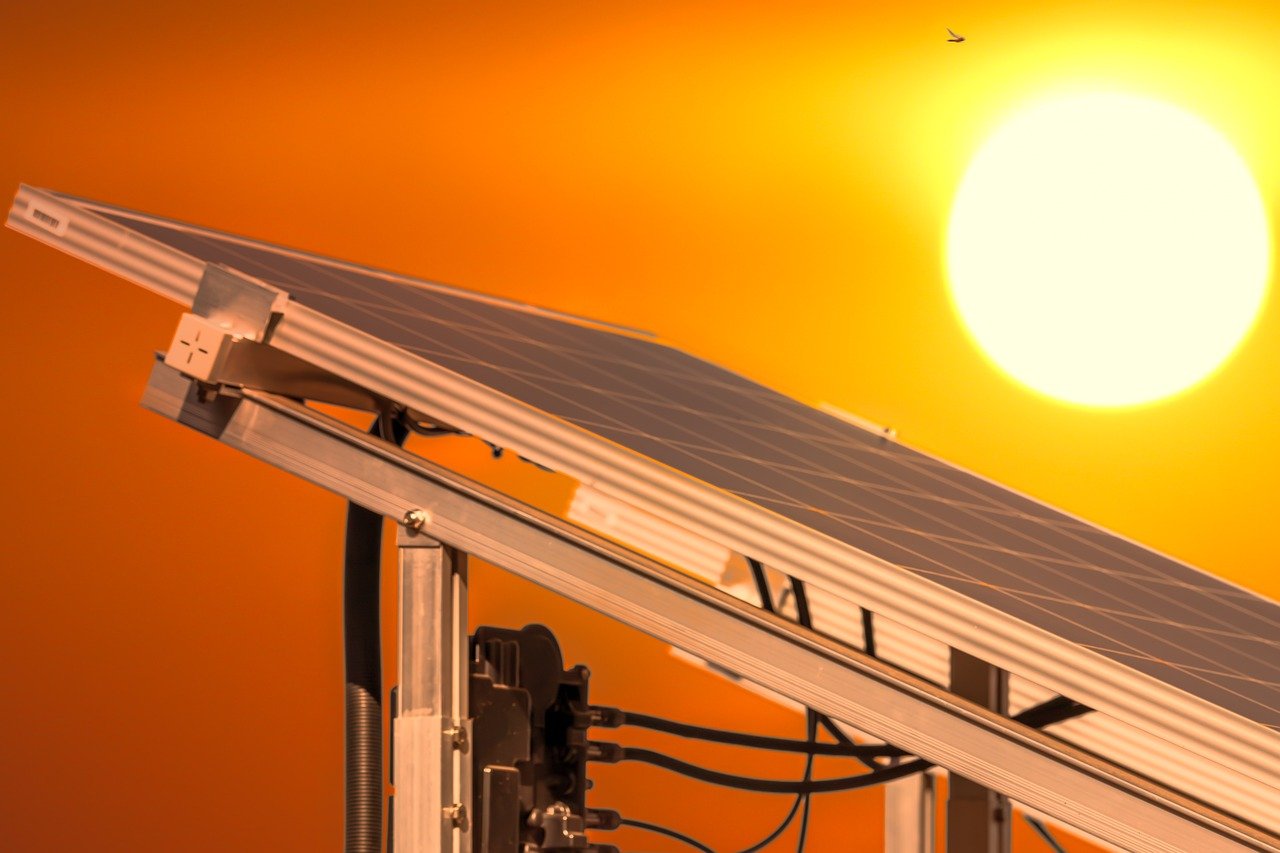

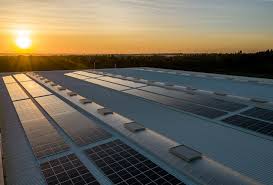
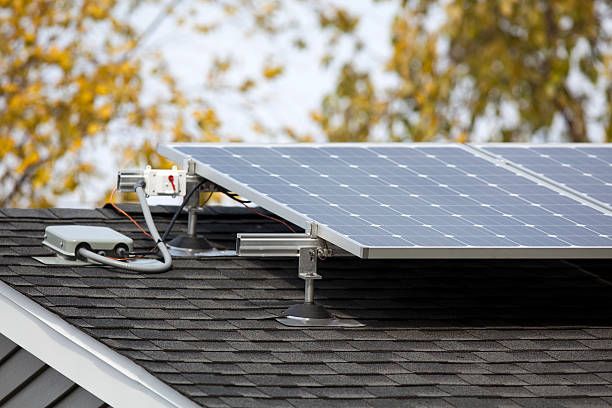
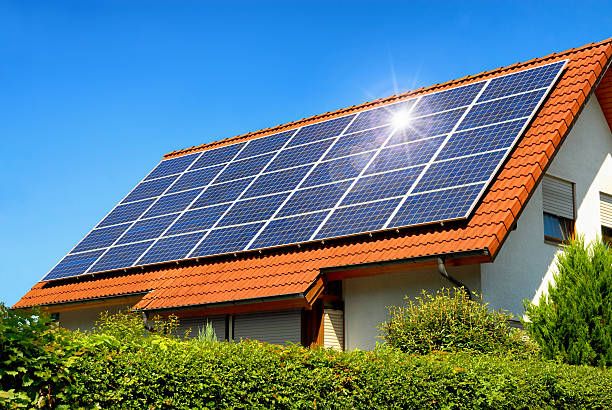
From villages to cities, Indian homes are increasingly embracing solar energy as a clean, cost-effective electricity solution. With better awareness of solar benefits and improving affordability, Indian families are installing rooftop solar panels to meet their household power needs in an eco-friendly manner.
We explore here what motivates households to ‘Go Solar’, the technology options available, and the rewards of switching to solar for your home.
The Solar Motivation
More Indians are compelled to adopt solar electricity against the backdrop of rising temperatures, pollution levels, and climate vulnerability. Generating power from fossil fuels results in large carbon emissions that drive global warming and erratic weather.
Solar energy taps freely available sunlight to produce clean, renewable power without environmental side effects. It allows households to shrink their carbon footprint and contribute to the global clean energy transition.
Apart from the environmental incentive, choosing solar power simply makes practical sense. India still struggles with reliable grid supply, leading to frequent power cuts that disrupt daily life. Solar systems offer a steady source of electricity from sunlight that continues through power outages. Storing solar power in batteries provides electricity around the clock.
There is also the benefit of slashing home electricity bills by up to 90% since sunlight costs nothing. Solar pays for itself over 5-7 years while running appliances for 25+ years. The savings have continued to accumulate for decades, making it a smart investment.
Understanding Your Solar Options
Recent technological advances have expanded solar possibilities for Indian homes with products specially designed for our unique needs and climatic conditions.
Grid-connected solar uses net metering for easy integration with existing power supplies. Solar panels harness sunlight during the day to generate electricity fed to the home grid through an inverter. Surplus solar power not immediately used gets exported to the grid, earning monetary credit. During non-sunny hours, the household draws from grid power as usual while paying only for the net electricity consumed from the grid
For reliable backup, grid-connected systems incorporate solar batteries to store excess solar electricity. Popular lithium-ion batteries offer space and energy efficiency to provide 8-10 hours of backup during grid outages and for powering appliances after sunset. Completely off-grid solar systems are suited for remote homes still lacking grid access. They combine solar panels, batteries, controllers, and inverters that function independently around the clock. Custom-sized as per the home’s power requirement, off-grid solar provides freedom from diesel expenses while enabling access to electrical appliances.
Hybrid inverters have emerged as solar innovations that integrate batteries with grid connectivity. These next-gen inverters allow smooth switching between solar, stored power, and grid supply 24×7 to protect against power cuts while optimizing solar usage and savings.
Embracing the Solar Switch
Indian homes switching to solar often install rooftop panels with capacities between 1-10kW catering to small and large homes. Typical indoor uses encompass LED lights, fans, TVs, kitchen appliances, laptops, phone charging, and running the water pump. Higher-capacity systems also run ACs, geysers, washing machines, etc. to make the entire house solar-powered.
Making the solar switch requires expert guidance to assess your specific household needs, usage patterns, and location specifics before designing an optimal solar solution. Organizations like Waaree Energies offer end-to-end solar services encompassing customized product packages, free site assessments, responsible installations, and after-sales support.
For new solar adopters, it is advisable to choose established solar brands that offer the latest tech products certified for efficiency, safety standards, and reliability, along with long product and performance warranties and accessible service networks.
The Rewarding Solar Experience
Lakhs of Indian homes powered by solar rooftops will vouch for a rewarding post-installation experience. Beyond environmental pride, owners report deeper savings as solar electricity is free once the system is paid off in 5-7 years. Solar also future-proofs homes from rising grid tariffs.
With net metering, households sell excess solar power to discoms, earning an extra monthly income while claiming tax rebates on solar setups. Alternatively, surplus solar electricity can charge an EV car battery, contributing to Clean Air.
Access to solar also empowers rural communities by providing better-quality power and uplifting health and education outcomes. Enable your staff quarters or urban rental properties with solar for an affordable, reliable, and clean electricity supply without reliability issues.
Standouts among India’s leading solar brands, like Waaree, prioritize customer satisfaction by keeping service and maintenance costs negligible. Efficient solar systems typically run trouble-free for over two decades with basic upkeep. Technological innovations likewise continue to drive down solar costs thanks to efficient components, reduced material usage, and easier installations.
Together, we can power ahead towards a fossil fuel-free future if eco-conscious households across India embrace rooftop solar. Join the country’s remarkable transition with customized solar designed for your needs while benefiting from government incentives like net metering and low-interest loans. Help India meet its ambitious renewable target of 450 GWs by 2030 – begin your solar switch today!